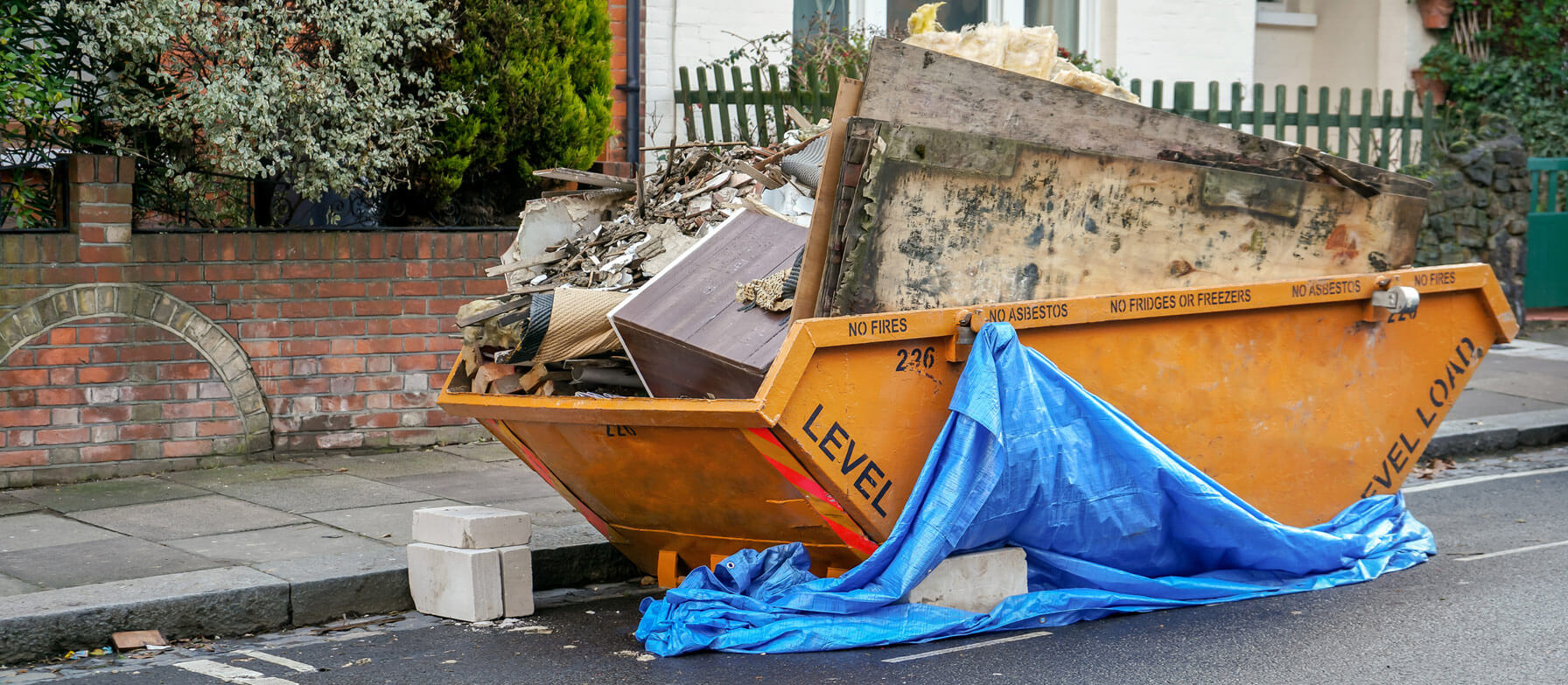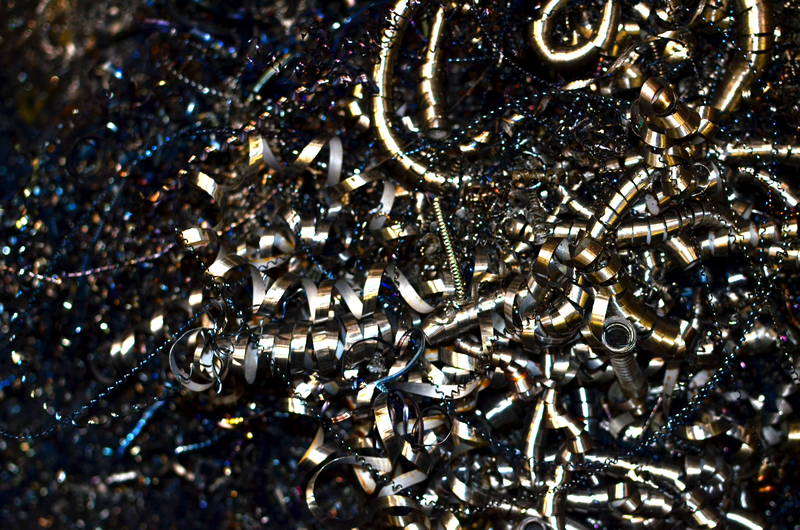In today’s world, where sustainability and environmental consciousness are paramount, the practice of scrap metal recycling has emerged as a crucial endeavour. As we strive to reduce our carbon footprint and conserve natural resources, recycling metals plays a vital role in creating a circular economy and minimising waste.
The Process of Scrap Metal Recycling
Scrap metal recycling involves several steps to transform discarded metal products into usable raw materials for various industries. The process typically begins with the collection and sorting of scrap metals from various sources, such as construction and demolition sites, vehicle scrapyards, and household appliances.
Collection and Sorting
The collection and sorting of scrap metals is a crucial first step in the recycling process. Scrap metals can be sourced from various locations, including construction and demolition sites, manufacturing facilities, vehicle scrapyards, and household appliances.
Ferrous metals, such as steel and iron, are typically collected and sorted using powerful electromagnets or magnetic separators. These metals are attracted to the magnets, making it easier to separate them from non-ferrous metals like aluminium, copper, and brass.
Non-ferrous metals are often sorted manually or through advanced sensor-based sorting systems that can identify different metal types based on their unique properties, such as density, conductivity, or spectral signatures.
Proper sorting is crucial because different metal types require different recycling processes and may contain varying levels of impurities or contaminants. Mixing different metal types can lead to contamination, reducing the quality and value of the recycled material.
Processing and Shredding
Once the scrap metals have been sorted, they undergo processing and shredding to prepare them for the melting stage. Large pieces of scrap metal, such as appliances or vehicle parts, are fed into powerful shredders or hammer mills that break them down into smaller, more manageable chunks.
The shredding process serves several purposes:
Size reduction: Shredding ensures that the scrap metal pieces are small enough to fit into the furnaces used for melting.
Separation of non-metallic components: During shredding, non-metallic components like plastics, rubbers, or insulation materials are separated from the metal components. These non-metallic materials are often removed through air classification or density separation techniques.
Exposure of surfaces: Shredding increases the surface area of the metal pieces, which can facilitate more efficient melting and removal of impurities during the subsequent purification process.
After shredding, the processed scrap metal may undergo additional sorting or separation techniques to remove any remaining non-metallic contaminants or to further refine the material based on its composition or purity.
Melting and Purification
The shredded and processed scrap metals are then fed into specialised furnaces or smelters for melting and purification. These furnaces operate at extremely high temperatures, often exceeding 1,500°C (2,732°F), to ensure that the metal is completely melted and any impurities or contaminants are separated.
During the melting process, various techniques are employed to remove impurities from the molten metal:
Oxidation: Controlled introduction of oxygen or air into the furnace helps remove certain impurities through oxidation reactions, forming slag or dross that can be skimmed off the surface of the molten metal.
Fluxing: Fluxing agents, such as limestone or fluorspar, are added to the molten metal to facilitate the removal of impurities by forming a slag layer that can be easily separated.
Vacuum degassing: In some cases, the molten metal is subjected to vacuum conditions to remove dissolved gases or volatile impurities.
Electrolytic refining: For high-purity applications, electrolytic refining processes may be used to further purify the molten metal by passing an electric current through it, causing impurities to accumulate at the anode for removal.
After the purification process, the molten metal is carefully poured or cast into ingots, billets, or other desired shapes for further processing or use in various industrial applications, such as construction, automotive manufacturing, or consumer product production.
Steel Scrap Recycling
Steel is one of the most widely recycled materials globally, and steel scrap recycling plays a crucial role in meeting the demand for this versatile metal. Steel scrap can originate from various sources, including construction and demolition sites, automotive components, and industrial machinery.
Benefits of Steel Scrap Recycling
Steel scrap recycling offers several benefits:
It conserves natural resources by reducing the need for mining and extracting new iron ore.
It requires significantly less energy compared to producing new steel from raw materials.
It reduces greenhouse gas emissions and environmental pollution associated with steel production.
Iron Scrap Recycling
Iron scrap recycling is closely tied to steel scrap recycling since iron is a key component in the production of steel. Iron scrap can come from various sources, including discarded appliances, machinery, and industrial equipment.
Processes Involved in Iron Scrap Recycling
The process of iron scrap recycling involves the following steps:
Collection and sorting of iron scrap.
Shredding and compacting to reduce the volume of the scrap.
Melting the scrap in furnaces to remove impurities.
Casting the molten iron into ingots or other desired shapes.
Scrap Recycling Rules and Regulations in the UK
The United Kingdom has established comprehensive rules and regulations governing the scrap metal recycling industry to ensure proper handling, processing, and environmental compliance.
The Scrap Metal Dealers Act
The Scrap Metal Dealers Act is a key legislation regulating the scrap metal recycling industry in the UK. It requires scrap metal dealers and recyclers to obtain a licence from their local authority and maintain detailed records of their transactions.
Environmental Regulations
The scrap metal recycling industry is also subject to various environmental regulations, such as the Waste Management Regulations and the Environmental Permitting Regulations. These regulations aim to minimise the environmental impact of scrap metal processing and ensure proper waste management practices.
Health and Safety Regulations
The Health and Safety at Work Act and associated regulations govern the safety aspects of scrap metal recycling operations. These regulations ensure that workers are protected from potential hazards, such as exposure to hazardous materials, noise, and machinery-related risks.
Scrap metal recycling is a vital practice that contributes to a sustainable future by reducing waste, conserving natural resources, and minimising environmental impact. By understanding the processes involved in steel scrap recycling, iron scrap recycling, and adhering to the rules and regulations governing the industry, we can collectively make a positive difference in promoting a circular economy and protecting our planet.
Choose Jarvis Metals today!
Unlock the full potential of your scrap metals with Jarvis Metals’ comprehensive scrapping services. Our experienced professionals are dedicated to providing top-notch solutions for all your recycling needs. From ferrous to non-ferrous metals, we handle it all with expertise and efficiency. Don’t let your scrap go to waste – let us turn it into valuable resources. Contact us today to request a free, no-obligation quote and discover how our wide range of scrapping services can benefit your business. Trust Jarvis Metals to maximise the value of your scrap while contributing to a greener, more sustainable future. Call us now or write to us to get started!

